Uncategorized
-
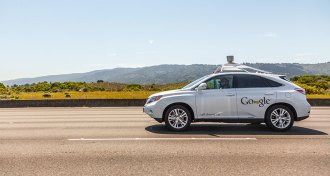 Psychology
PsychologyMoral dilemma could put brakes on driverless cars
Driverless cars race into a moral conflict over saving passengers or pedestrians.
By Bruce Bower -
 Life
LifeScientists find clue to why mitochondrial DNA comes only from mom
Scientists have identified a protein that chops up the mitochondrial DNA in a dad’s sperm after it fertilizes an egg. The finding helps explain why mitochondrial DNA is usually passed on only by mothers.
-
 Psychology
PsychologyNew studies explore why ordinary people turn terrorist
New studies are examining the "will to fight" in ISIS soldiers and their opponents.
By Bruce Bower -
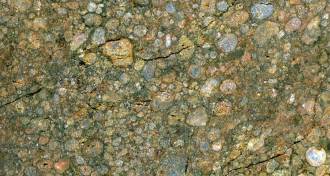 Planetary Science
Planetary ScienceAncient meteorite granules still mystify scientists
Shock waves might have formed the oldest solid fragments in the solar system, though interplanetary lightning isn’t entirely off the table.
-
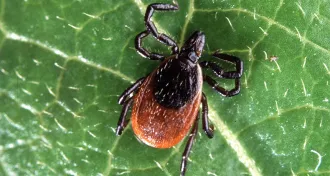 Life
LifeNew species of bacteria found to cause Lyme disease
Camping? Don’t forget the bug spray. Lyme disease covers new ground.
By Laura Beil -
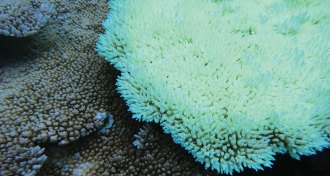 Oceans
OceansCoral bleaching event is longest on record
Widespread coral bleaching continues, in the longest episode, over the largest area to date.
-
 Life
LifeFido and Fluffy could unleash drug-resistant microbes
After discovering resistant microbes in pets, scientists worry about the role of companion animals in the spread of resistant urinary infections.
By Laura Beil -
 Science & Society
Science & SocietyTough gun laws in Australia eliminate mass shootings
Following the 1996 implementation of strict gun control laws in Australia, the country has not experienced any mass shootings.
By Meghan Rosen -
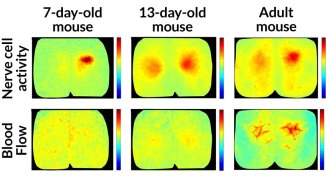 Neuroscience
NeuroscienceNewborn brain has to learn how to feed itself
Nerve cells in newborn mice can’t yet feed themselves.
-
 Health & Medicine
Health & MedicineIn malaria battle, indoor bug spraying has unintended consequence
Years of spraying indoors may inadvertently have push malaria-spreading mosquitoes to venture outdoors for a bite.
By Susan Milius -
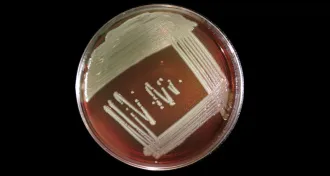 Life
LifeBenign-turned-deadly bacterium baffles scientists
Outbreak of Elizabethkingia continues to grow as disease investigators struggle to find source.
By Laura Beil -
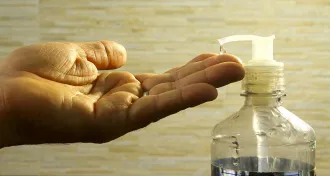 Life
LifeFor cleanest hands, squirt and count to 30
Rubbing hands for 30 seconds is the most effective way to use hand sanitizer, a study of health care workers finds.
By Laura Beil